Past events
This page lists RSB past events.

At the heart of plant productivity is the balance of carbon assimilation through photosynthetic activity. Though central metabolism is context specific and changes with conditions, we will present recent insights with isotopic tracers, metabolite measurements and metabolic flux analyses that describe the dynamics of central carbon metabolism resulting in altered balance between resource assimilation and allocation.
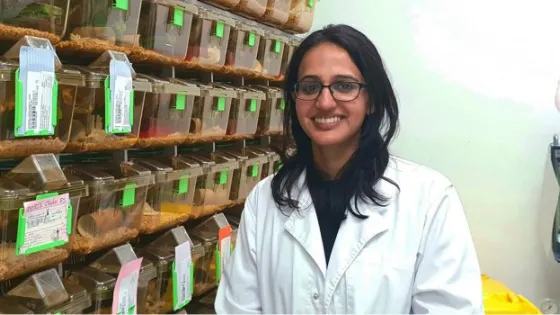
With the help of these biomarkers, we also evaluated the efficacy of four different SLC6A19 inhibitors biomarkers in wild type mice with metabolic disorders.
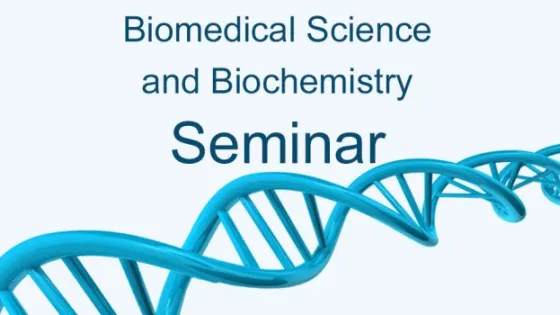
The amino acid transporter B0AT1 (SLC6A19) has recently been identified as a possible target to treat type 2 diabetes, phenylketonuria and related disorders.

Popular science asserts that after the extinction of the non-avian dinosaurs at the Cretaceous-Paleogene (K-Pg) boundary 66 million years ago, mammals rapidly diversified to fill newly empty ecological niches. Mammalian morphological diversification status: it's complicated.
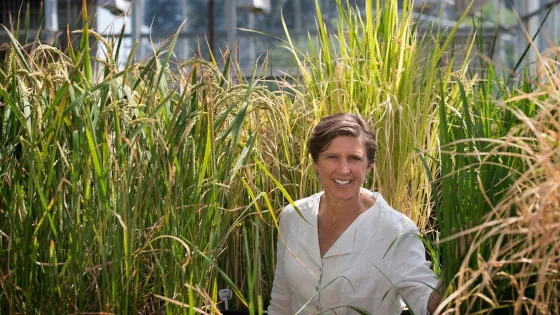
A major goal for food and agricultural research is to increase the resiliency of agricultural systems to adapt to rapid changes and extreme conditions. Prof. Ronald will describe how genetic approaches are being used to generate the next generation of crops that will help farmers thrive in these challenging conditions.
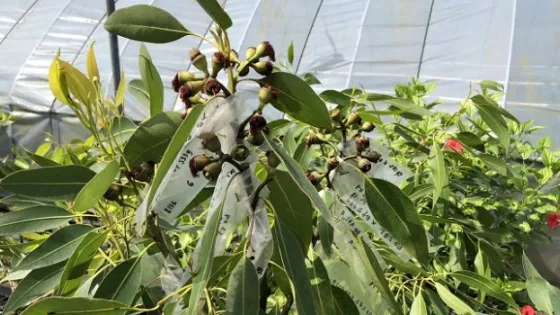
Explore how Genomic Selection (GS) is used to select superior seedlings, resulting in rapid genetic gains.
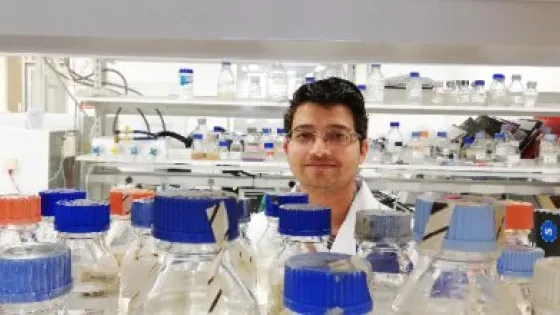
We identified several hypothetical genes and putative bacteriophage regions in Y394 genome, which warrants future investigation for determining the role of these unknown genes in relevance to pathogen virulence and survival in the host environment.

In this seminar we'll discuss the mathematical structure of some commonly-used stochastic process models of evolution (diffusions).
